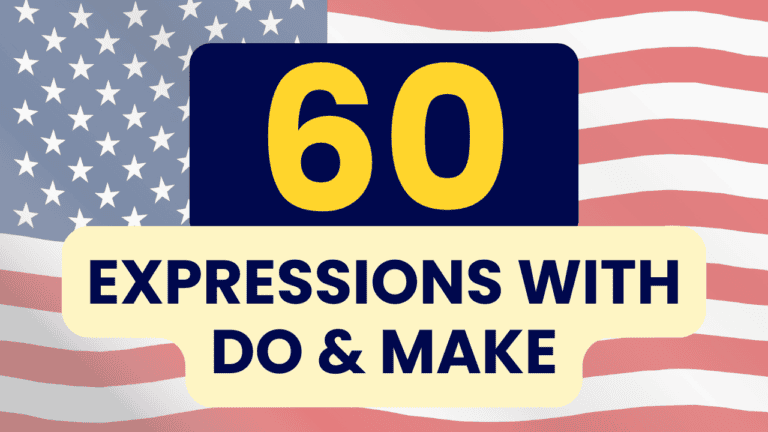
 This is a free sample from the e-book 600+ Confusing English Words Explained. It will help clear up your doubts about how to use English words correctly, so that you can speak and write more confidently. Click here for more information!
This is a free sample from the e-book 600+ Confusing English Words Explained. It will help clear up your doubts about how to use English words correctly, so that you can speak and write more confidently. Click here for more information!An agenda is a list or program of things to be done. Workers who are well-organized will often have an agenda for meetings – a list of specific topics to discuss, or things to accomplish during the meeting.
If something is “on the agenda” or “on your agenda,” it means that people are willing to discuss it or work on it.
We also have the expression “a hidden agenda,” meaning a secret plan that you are hiding by pretending you have a different intention.
Some people also use the word agenda to mean their calendar. If someone asks if you are free for lunch next week, you might say, “Let me check my agenda” to find out which day you are available.
The word itinerary is a list or plan of things to do during a trip. On an organized tour, the travel agency will give the travelers an itinerary describing the different places they will go and things they will see.
A schedule is a list of things to be done at a certain time. A conference, for example, might have a schedule like this:
- Breakfast 7-9 AM
- Main speaker 9-10:30 AM
- Workshop 11-12
- Lunch 12-2 PM
Public transportation like buses and trains also have schedules. Another word for schedule, when used as a noun, is “timetable.”
Schedules can also be for long-term projects – the schedule defines what tasks must be done by a certain date. For example, the construction of a building:
- Lay the foundation – by Feb. 1
- Build the structure – by July 1
- Install the electrical systems – by August 1
If something is done or progressing faster than expected, it is “ahead of schedule” – and if something is delayed, it is “behind schedule.”
Finally, the word schedule is used as a verb for establishing an appointment or action at a certain time, for example: “I scheduled my dentist appointment for next Thursday.”









